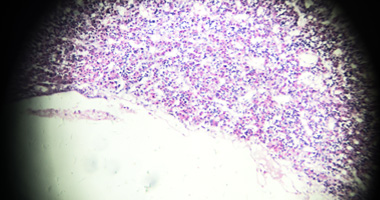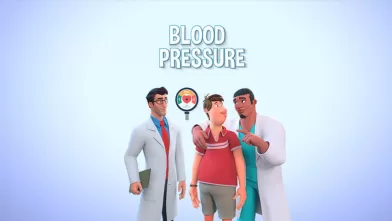The endocrine system—a network of eight glands distributed throughout the body—is essential for producing hormones. These chemical signals control processes such as growth, metabolism, mood, and reproduction. Endocrine disorders, also known as hormonal disorders, occur when the body has too much or not enough of any of these critical chemicals.1,2
Many people have endocrine disorders, which alter hormone levels in the body. Although many different kinds of endocrine disease exist, treatments are available.1
What are endocrine disorders?
Hormones are the body’s signaling chemicals, controlling many of the essential processes for health, such as development, digestion, and sexual function.3 The glands that produce these vital hormones make up the endocrine system, which consists of the pituitary, thyroid, parathyroid, thymus, and adrenal glands as well as the pancreas, ovaries, and testes.4
Endocrine disorders occur when something goes awry with these glands, hormone levels, or the body’s response to hormones.1
How do endocrine disorders affect the body?
Even small fluctuations in hormone levels can have significant repercussions.3 In addition to problems with the glands and hormones themselves, infection, stress, or shifts in fluid and electrolyte levels can also prompt endocrine/hormone changes.1,5
- References
- Endocrine diseases. MedlinePlus. https://medlineplus.gov/endocrinediseases.html. Updated September 27, 2017. Accessed May 10, 2023.
- Osteoporosis overview. NIH Osteoporosis and Related Bone Diseases National Resource Center. National Institute of Arthritis and Musculoskeletal and Skin Diseases. https://www.bones.nih.gov/health-info/bone/osteoporosis/overview. Updated October 2019. Accessed May 10, 2023.
- Hormones. MedlinePlus. https://medlineplus.gov/hormones.html. Updated October 7, 2016. Accessed May 17, 2023.
- Endocrine glands. MedlinePlus. https://medlineplus.gov/ency/anatomyvideos/000048.htm. Updated September 7, 2021. Accessed May 10, 2023.
- Electrolytes. MedlinePlus. https://medlineplus.gov/ency/article/002350.htm. Accessed May 10, 2023.












